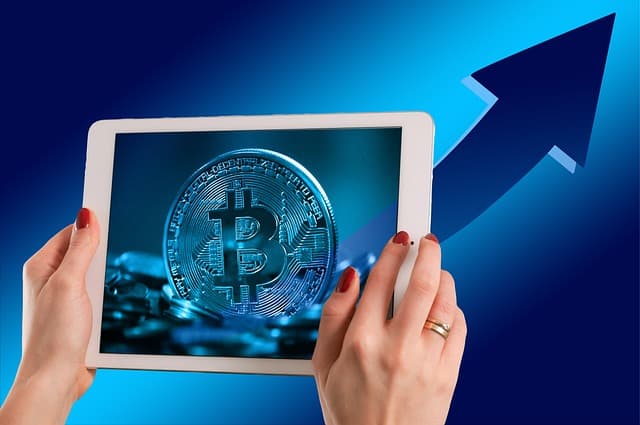Nowadays, the digital economy is developing rapidly, and decentralization is becoming one of the main trends that is attracting more and more attention and interest. Decentralization is a concept that involves the distribution of power and control among the participants in a system, as opposed to centralized structures where one organization or group manages the entire system.
The role of decentralization in the future digital economy is huge and involves various aspects:
Financial decentralization
One of the most prominent realizations of decentralization has been cryptocurrency such as bitcoin. It allows users to make direct transfers without intermediaries, bypassing banks and government agencies. Decentralized financial services (DeFi) also provide the opportunity to interact with financial services without centralized intermediaries, opening up new perspectives for investing and lending.
Decentralized applications
Blockchain technology enables the creation of decentralized applications (DApps) that are powered by smart contracts. These applications can be built on platforms such as Ethereum and offer transparency, security and no central control.
Power distribution
Decentralization leads to an equal distribution of power and decision-making among the actors in the system. This can lead to fairer and more efficient decisions, as well as reduce the possibility of corruption and monopolization.
The concept of “Internet of Value”
Decentralization not only changes the image of the financial system, but also opens new horizons for the transfer of value over the Internet. Blockchain technologies allow digital assets and data to be transferred in a decentralized manner, reducing transaction time and cost.
Security and sustainability
Decentralized systems can be more resilient to attacks and failures because they are not dependent on a single point of failure. This increases data security and ensures continuity of operations even when problems arise.
However, despite the many benefits, decentralization also faces some challenges such as scalability and network management. In the future of the digital economy, it will be necessary to find an optimal balance between decentralization and centralization to ensure the efficiency and stability of the system.
In summary, decentralization plays a key role in shaping the future digital economy by providing new opportunities, increasing trust, and driving innovation. Blockchain and cryptocurrency technologies will continue to evolve and change the way we think about finance, technology and society as a whole.


